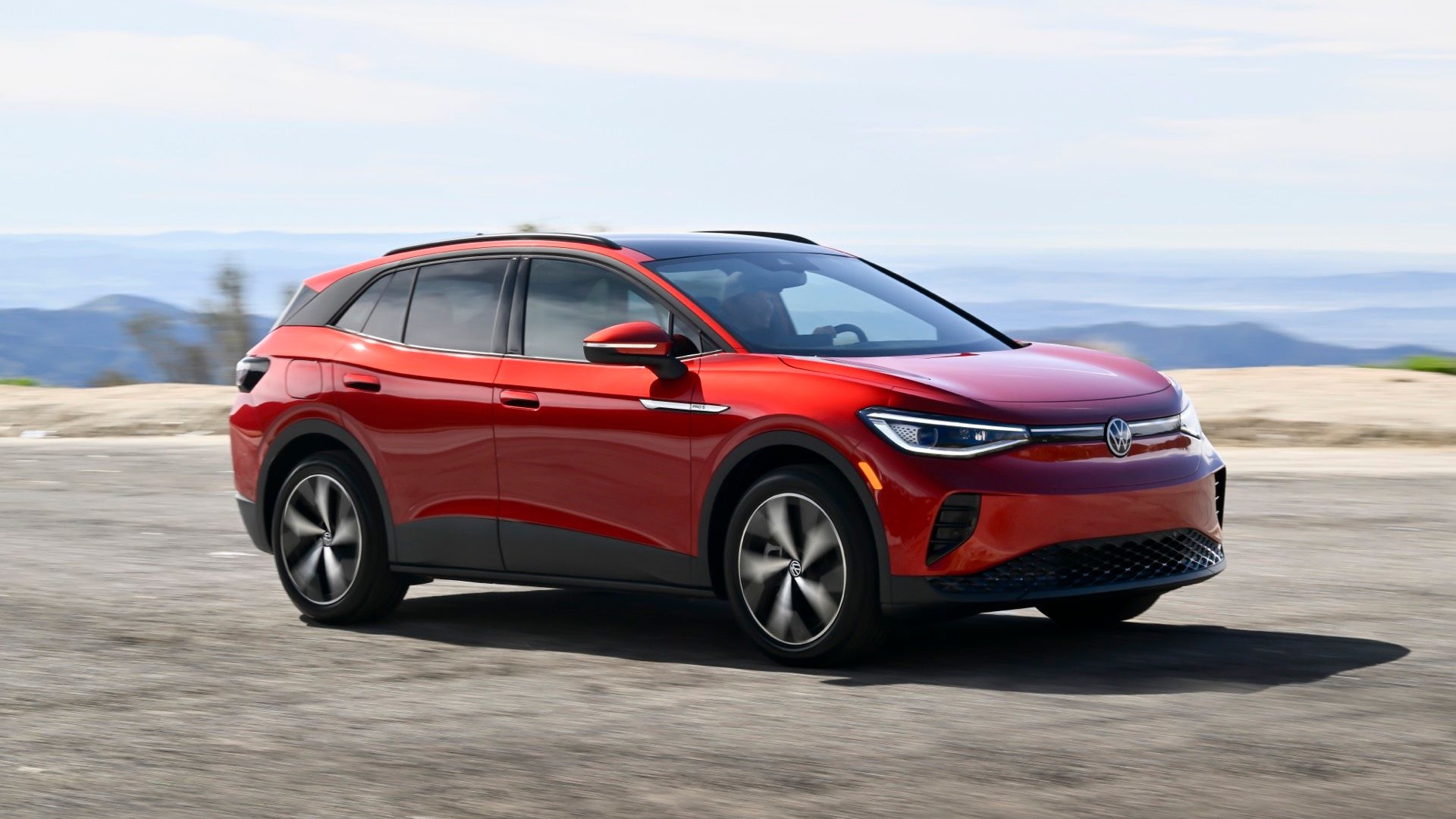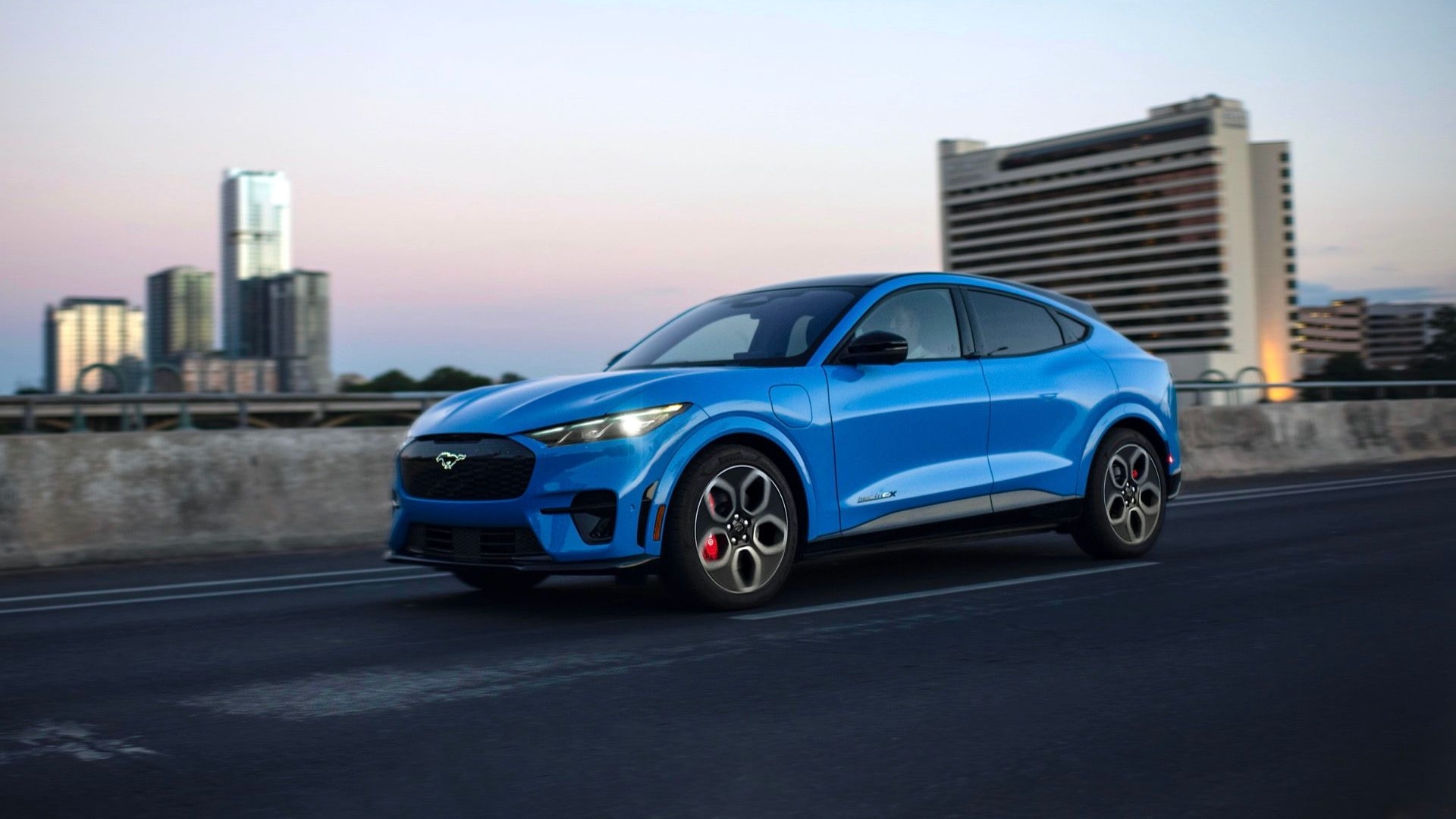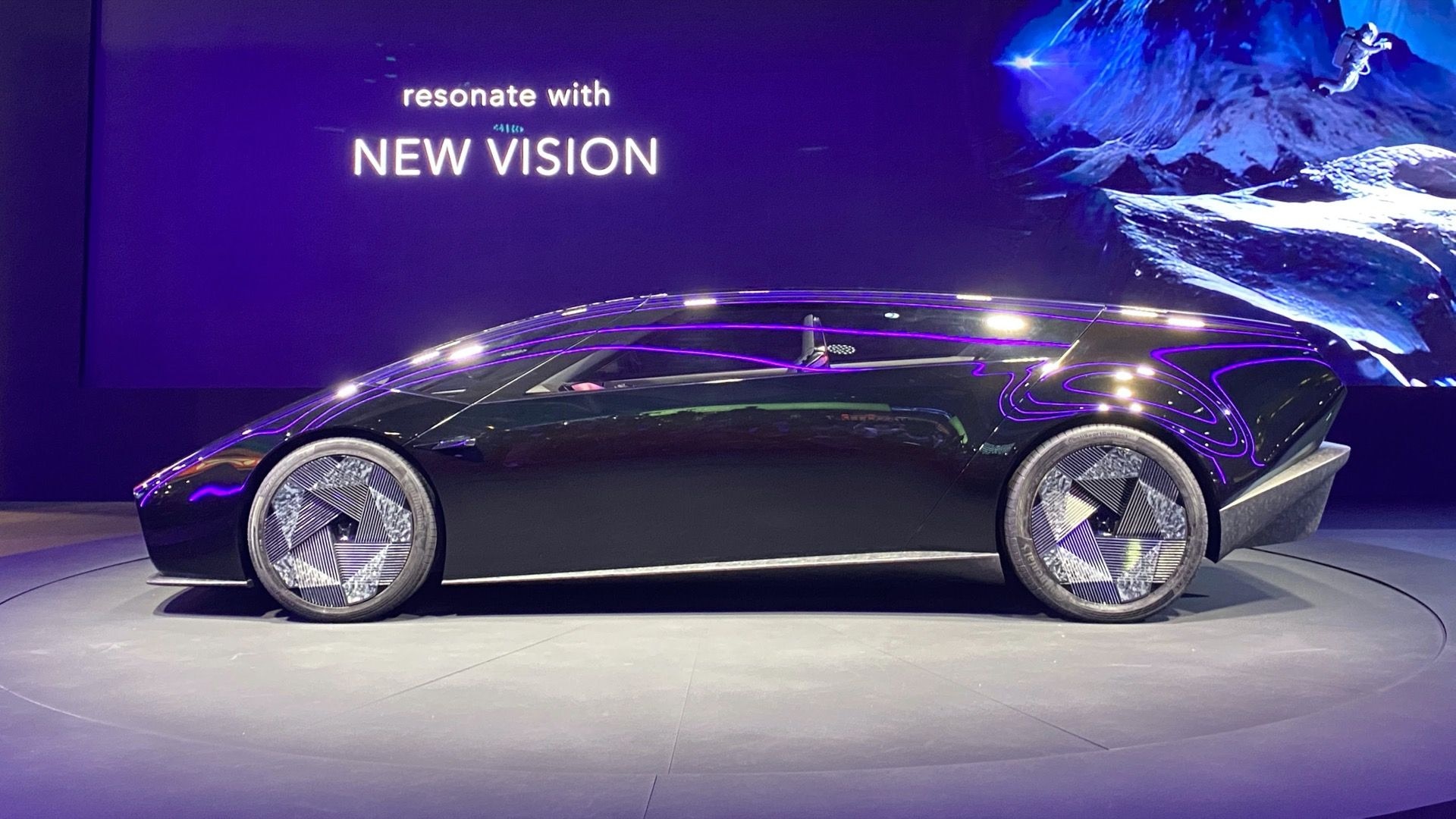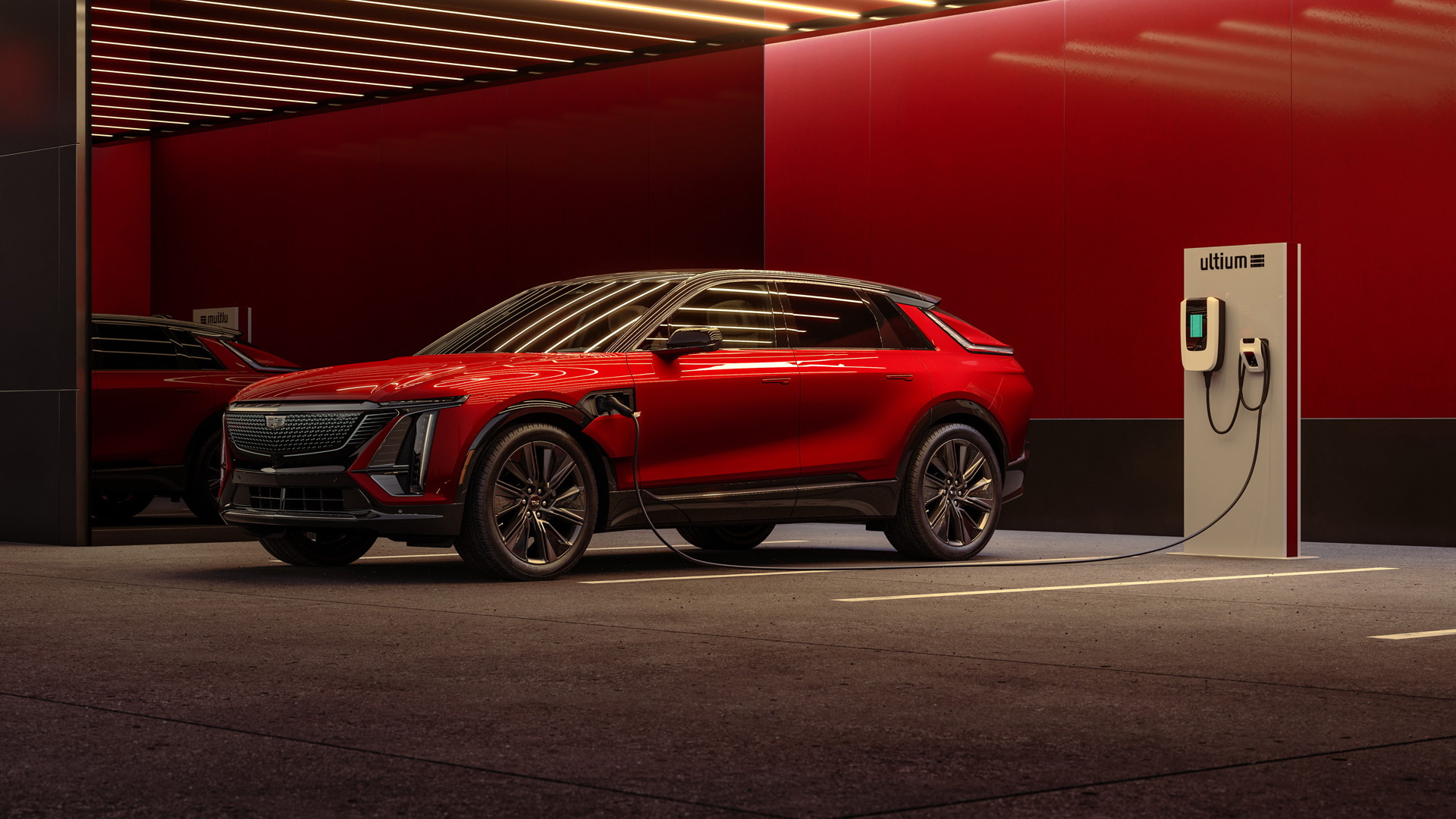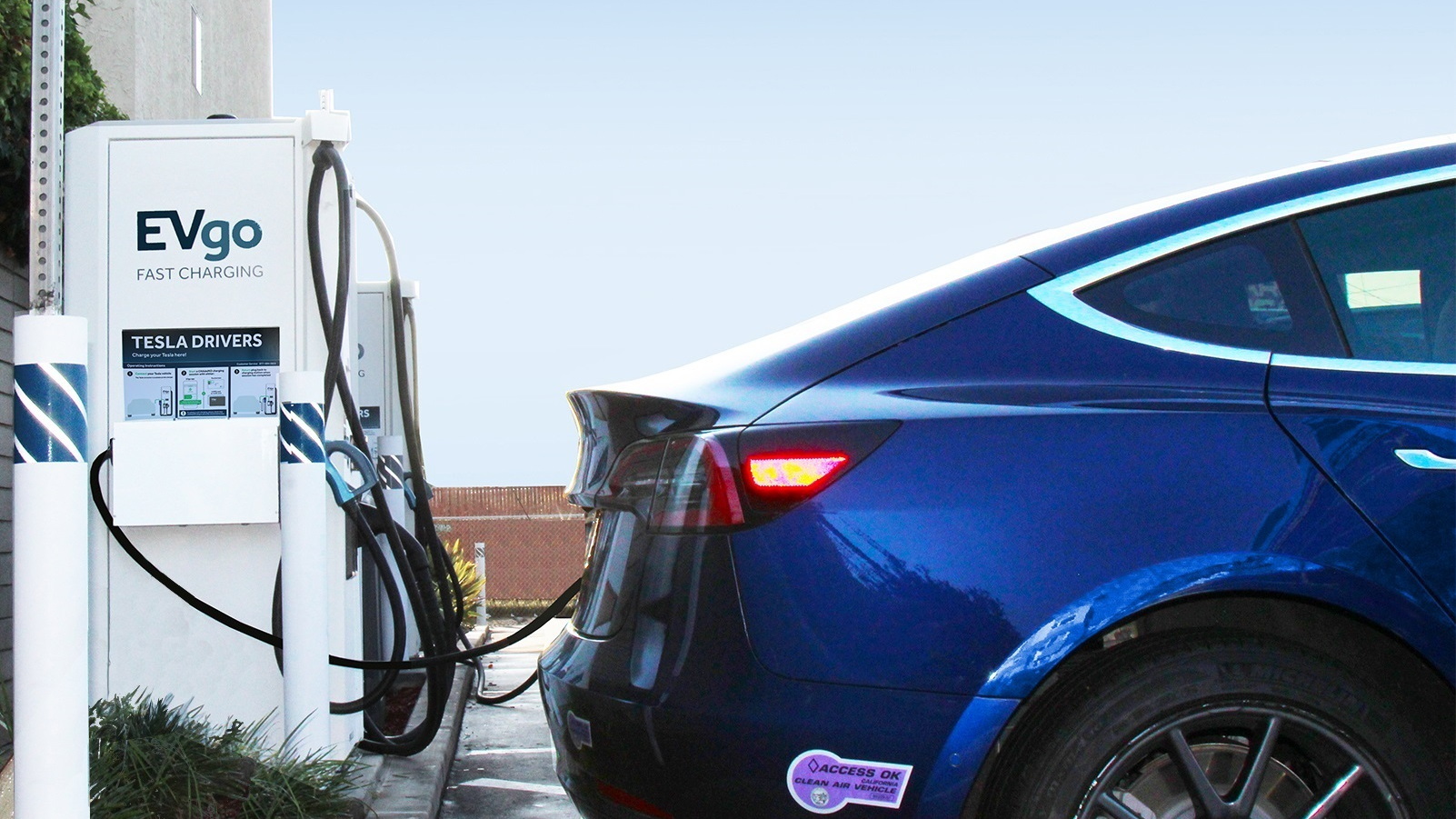EV battery recycling won't become a major business until 2030, according to a new report from research firm Wood Mackenzie.
Recycling used EV battery packs has been discussed as a way to lessen demand on resources, but it will be difficult for recyclers to achieve competitiveness on cost and volume, or even find enough battery packs to recycle, according to the report.
While battery recycling has gained some traction with portable electronics, EV battery packs are inherently more difficult to disassemble into individual cells in order to separate recyclable materials, the report said. That makes it unlikely that recyclers will be able to match the volumes of new battery production, according to the report.
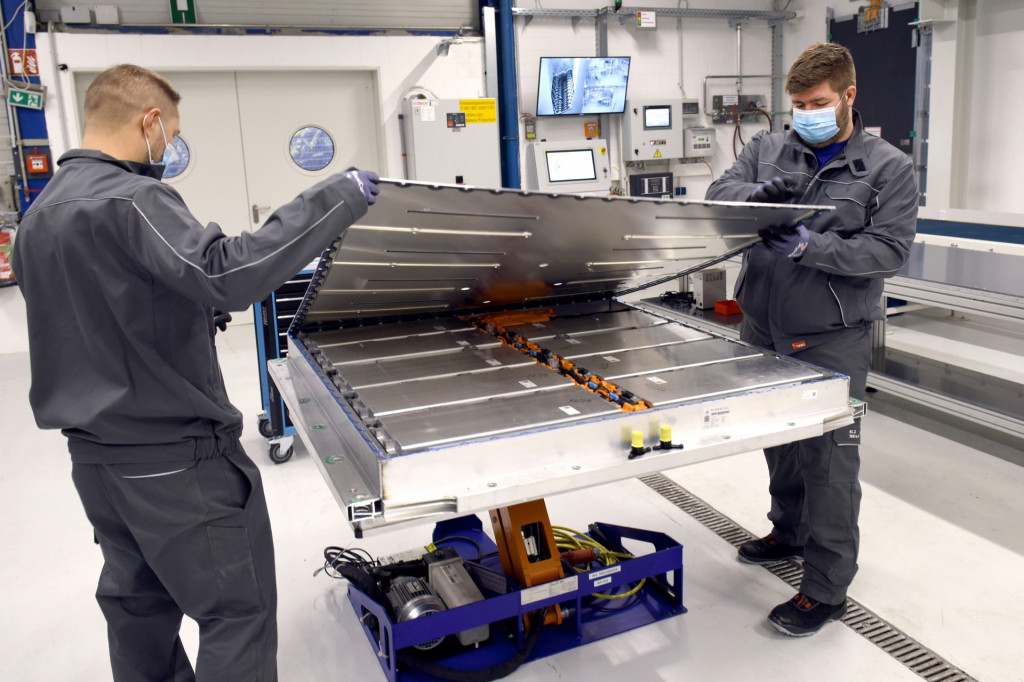
Volkswagen battery recycling
New batteries also cost less to produce, and manufacturers are shifting to cheaper materials that could further change the cost equation, the report said. Automakers are also looking beyond the currently dominant lithium-ion chemistry to solid-state cells, which would require recyclers to change their processes, the report noted.
The report also predicted that the supply of recyclable EV battery packs will remain limited for the time being. That's because relatively few EVs were sold earlier in the decade, and newer ones are expected to last longer.
Consequently, recycling capacity will exceed the supply of recyclable battery packs in 2030, leaving recyclers "scrambling" for packs, the report predicted. However, an expected ramp up in EV production over the next decade could eventually alleviate that imbalance, the reported noted.
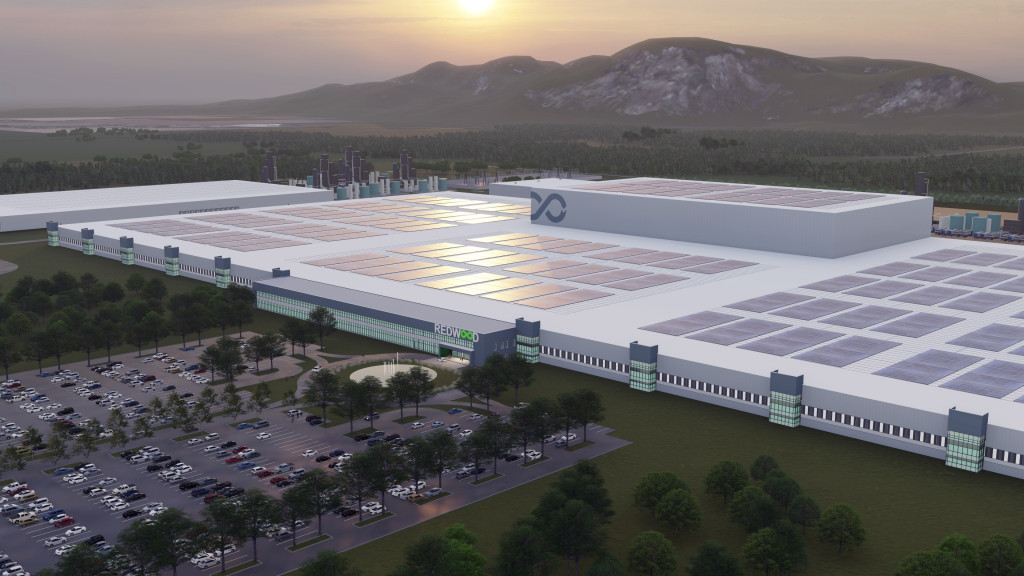
Rendering of proposed Redwood Materials cathode factory
So while the Biden administration is pushing for more development of a battery recycling infrastructure, there might not be many packs for it yet.
The same goes for a number of recently announced automaker initiatives that aim to recover a high percentage of materials. Ford has partnered with JB Straubel's Redwood Materials, while General Motors has partnered with Li-Cycle. Volkswagen claims to have developed its own process that can recover 95% of EV batteries' raw materials.
Prior to recycling there may also be other uses for EV battery packs. Several automakers have discussed repurposing them for stationary energy storage, and there have been other innovative independent efforts. One California-based company, for example, has built an energy-storage array using 160 Nissan Leaf battery packs.







